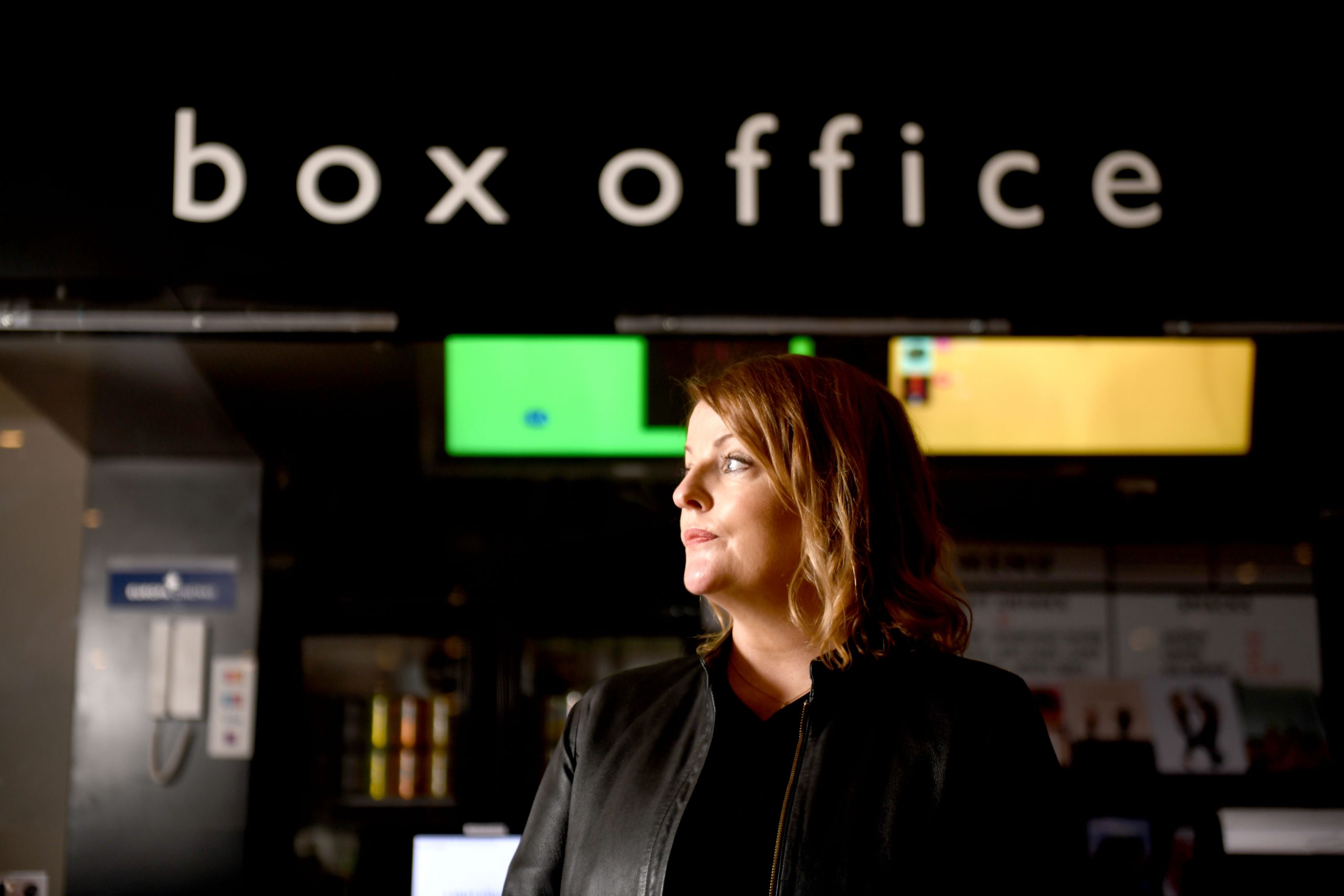Susan Kirby has been heading up Screen Producers Ireland (SPI) for fifteen months when we meet over Zoom. A last-minute Covid scare halted our planned interview and instead Kirby gears up to talk about her first year in the job from the surroundings of her home in south Dublin. Kirby arrived in SPI via the St Patrick’s Day Festival. During her 12-year tenure there, she transformed the patriotic brand from a two-day Dublin-centric event into the week-long extravaganza it is now. With a background in theatre and the arts, Kirby was keen to take up the job at SPI, which is…
Cancel at any time. Are you already a member? Log in here.
Want to read the full story?
Unlock this article – and everything else on The Currency – with an annual membership and receive a free Samsonite Upscape suitcase, retailing at €235, delivered to your door.

